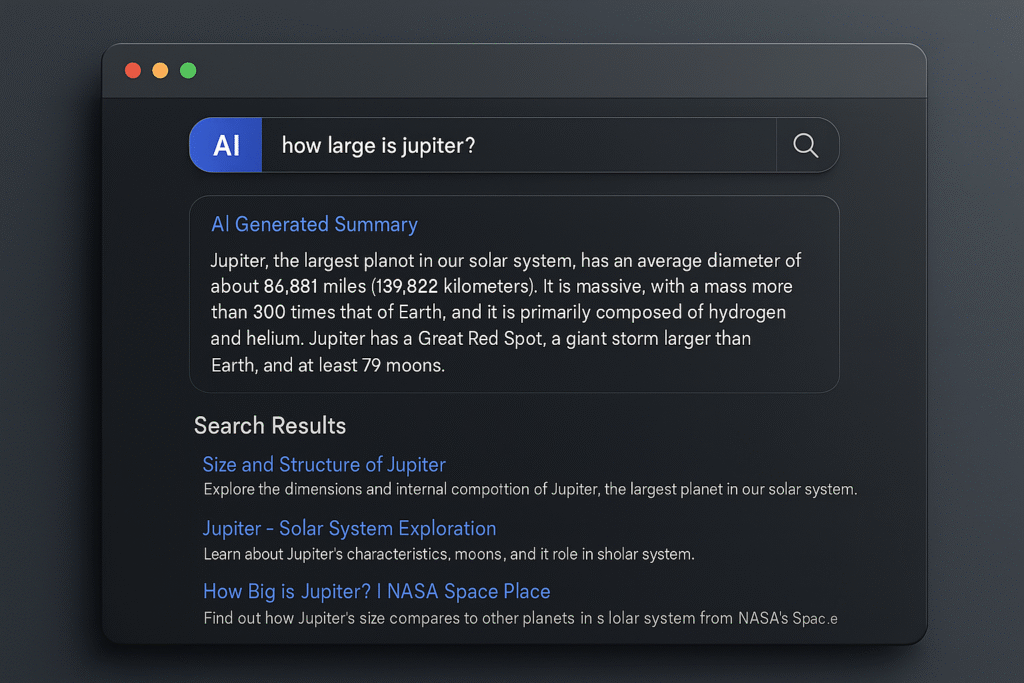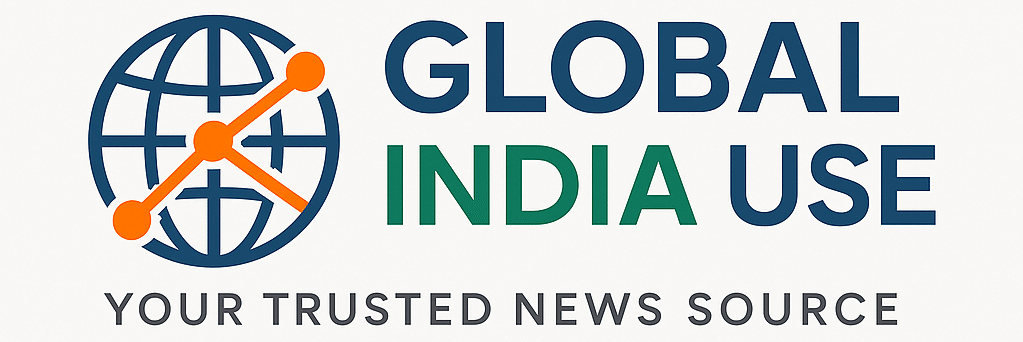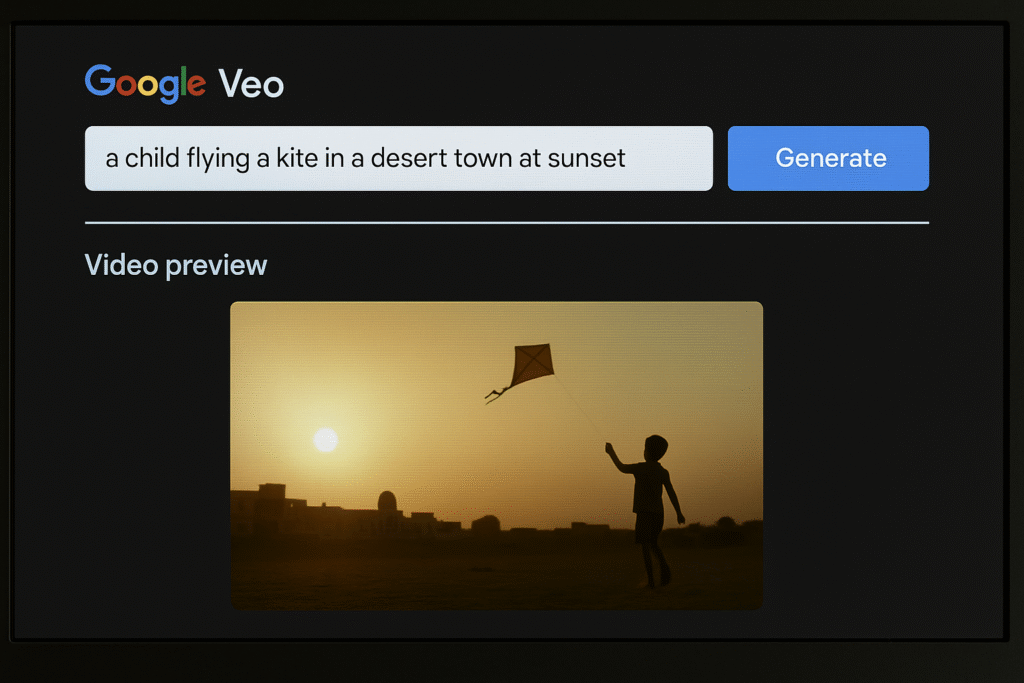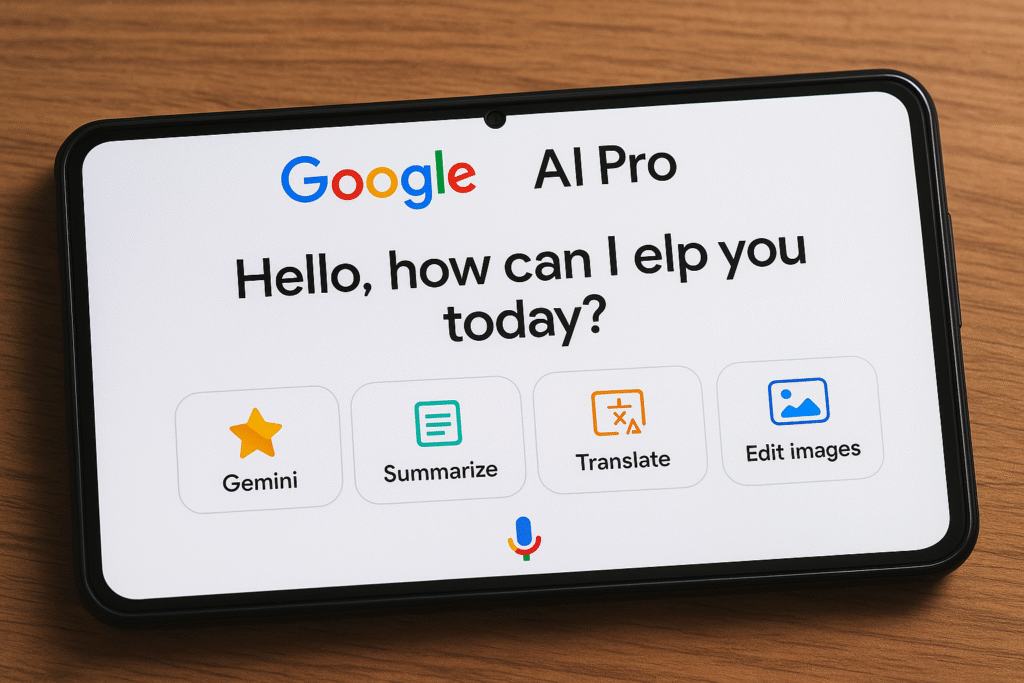Is AI the Future of Web Browsing?
For years, opening a browser was simple: type your question, hit enter, and start digging through links. Some answers came easy, others sent you down a rabbit hole. That’s just how it was. But the future of web browsing is starting to look very different.
But now something has changed — and it didn’t ask for permission.
Artificial Intelligence has quietly walked into our browsers. It’s not just helping; in many cases, it’s deciding what we see, what we read, and sometimes, what we believe.
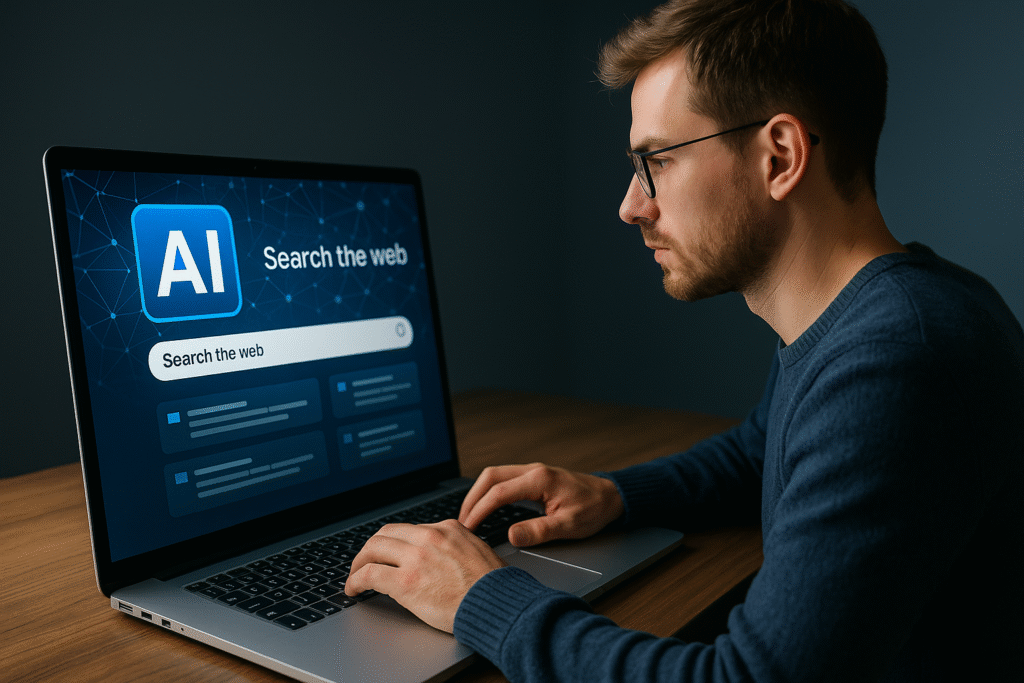
We’re Not “Browsing” Anymore
Let’s be real. Most people today aren’t looking through pages like they used to. Why scroll through 10 links when ChatGPT or Gemini will just spit out a summary in seconds?
Ask a question like “best smartphones under 30k” — chances are, you’re not reading five blogs. You’re trusting whatever answer pops up on your AI assistant.
Convenient? Yes. But it skips over voices, opinions, and independent creators. The very soul of the internet — messy, open-ended discovery — is slowly shrinking.
Browsers Are Learning You — Maybe Too Well
Modern browsers now remember what you like, what you buy, what you avoid. Visit one sneaker site? You’ll see shoes for days.
This isn’t magic — it’s data. Your data. AI collects your clicks, your scrolls, your pauses. Then it serves you what you’re most likely to click next.
For some, this feels helpful. For others, it’s uncomfortable. Especially when your browser starts finishing your searches before you think them.
Some Wins in the Future of Web Browsing We Can’t Ignore
Let’s give credit where it’s due. AI is making the web easier for people who were often ignored — visually impaired users, non-native speakers, older generations. Text readers, voice commands, clutter removers — these are real improvements. And they matter.
But even good things need balance.
So, What Are We Losing?
Websites are starting to see fewer clicks. Writers are getting fewer readers. Ads are skipped. Blogs are buried. If AI answers everything up front, what happens to the people creating those answers?
And let’s not pretend AI is always right. Wrong information still sneaks in. Bias still exists. And once something incorrect is summarized by AI, it spreads fast — faster than corrections ever do.
Final Thought on the Future of Web Browsing
Is AI the future of web browsing?
Yes. It already is.
But the question shouldn’t be “if,” it should be “how.” Will we shape the technology, or will it shape us? Will browsing remain a path of discovery — or just a shortcut to an answer we didn’t choose?
Maybe it’s time we ask better questions before the browser decides we don’t need to
May You Like Also
Cambodia’s Genocide Survivors Say UNESCO Recognition Comes Decades Late — But Means Everything
Bitcoin’s Big Moment: What This Week’s All-Time High Really Tells Us
